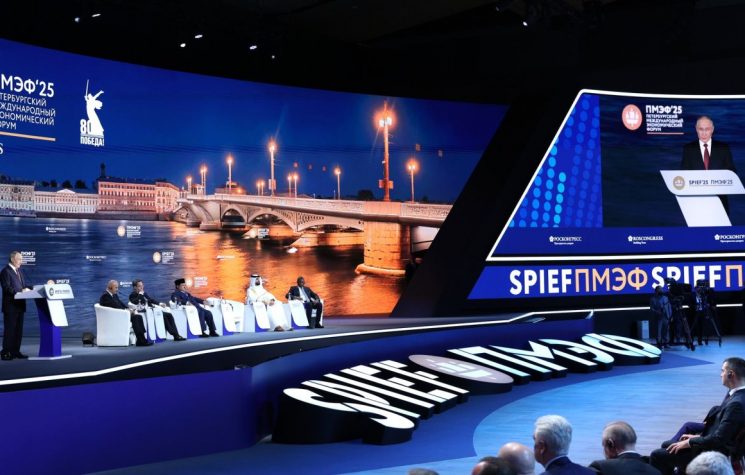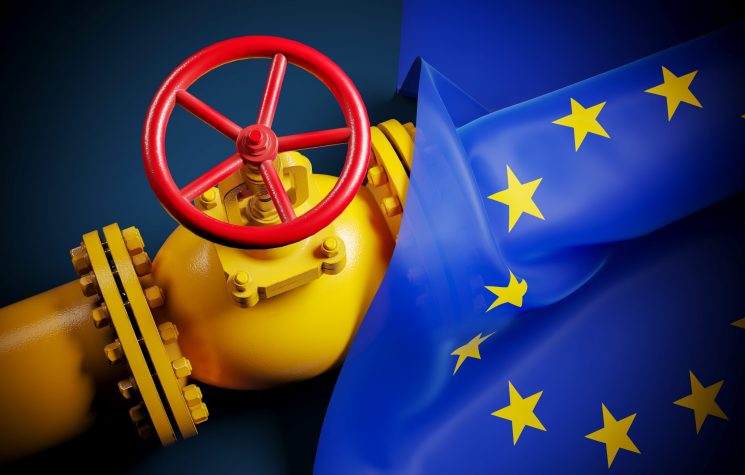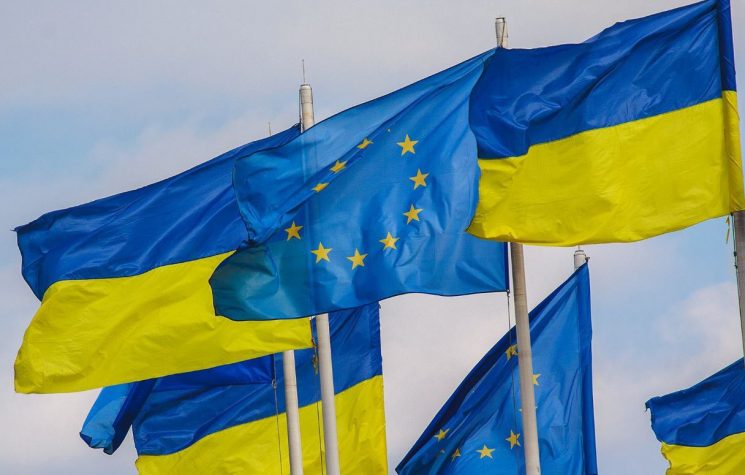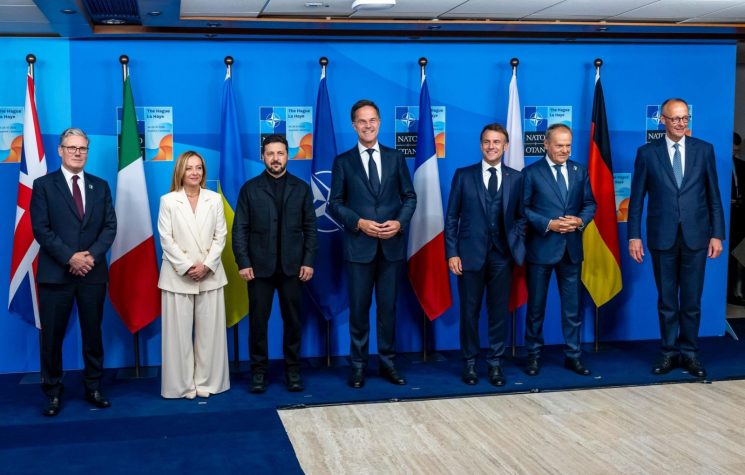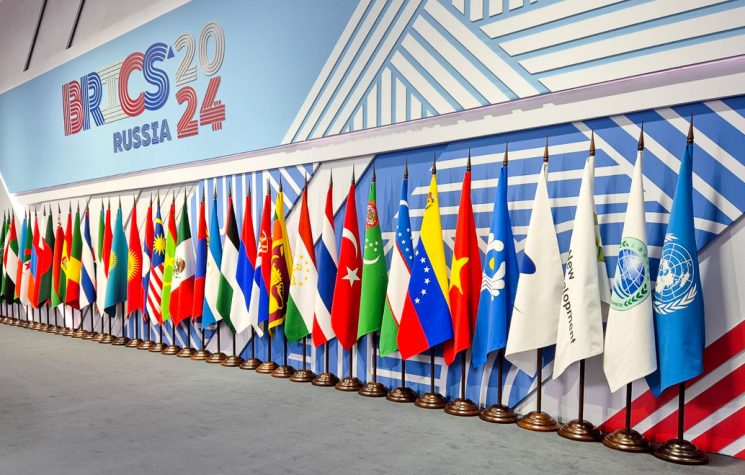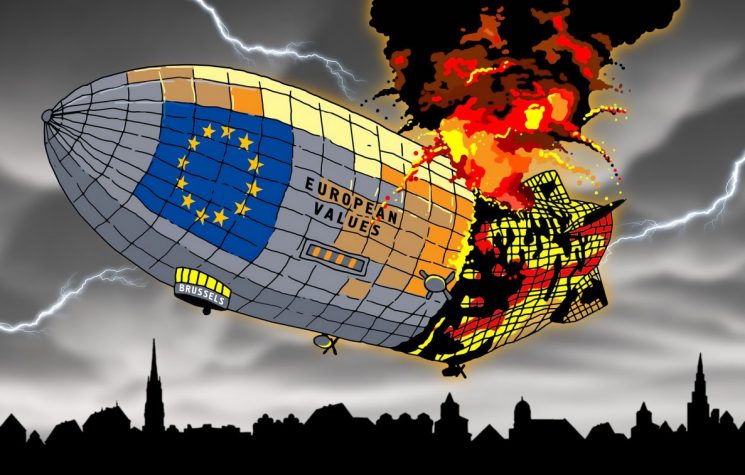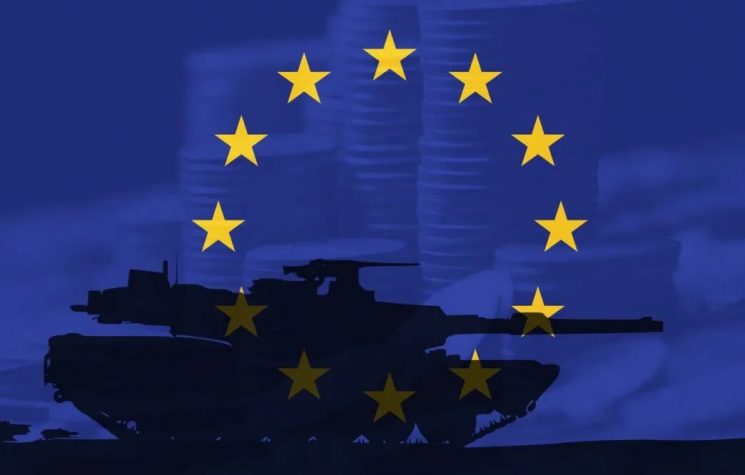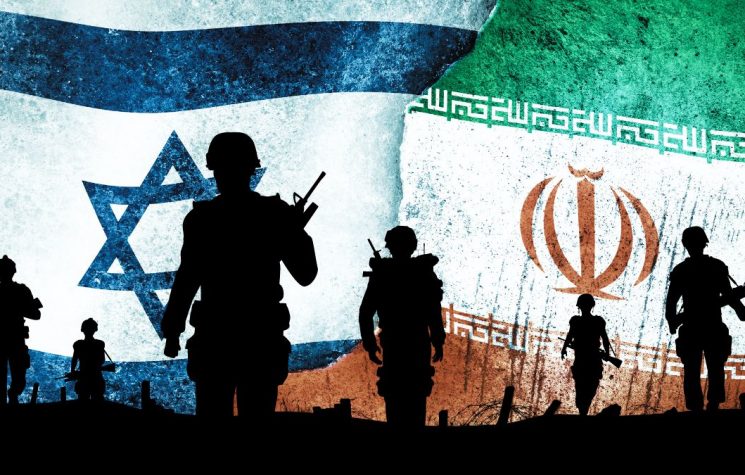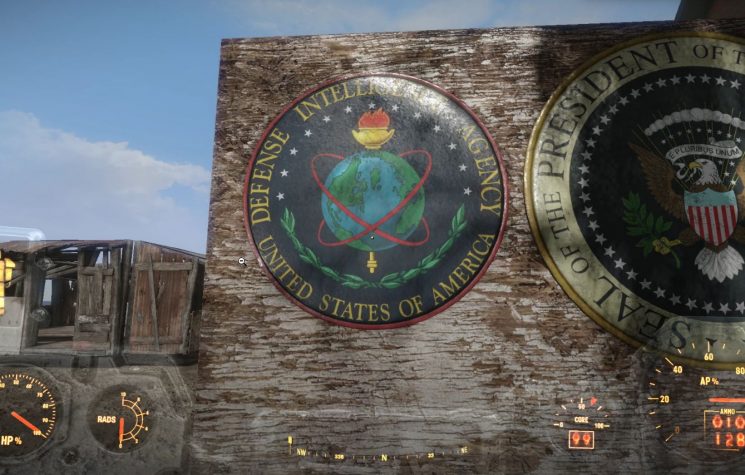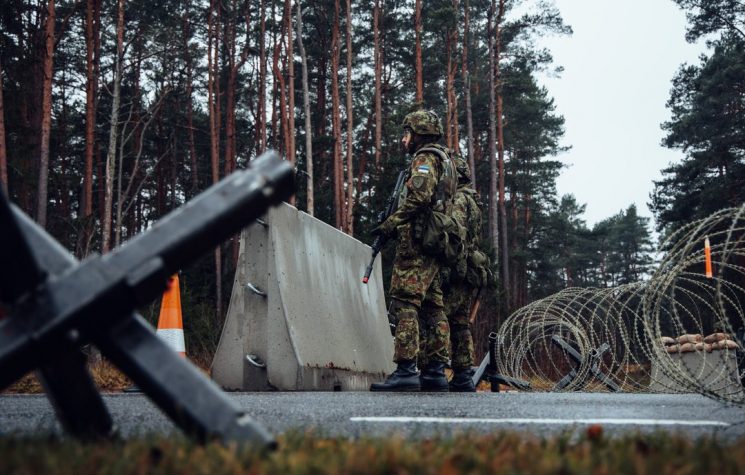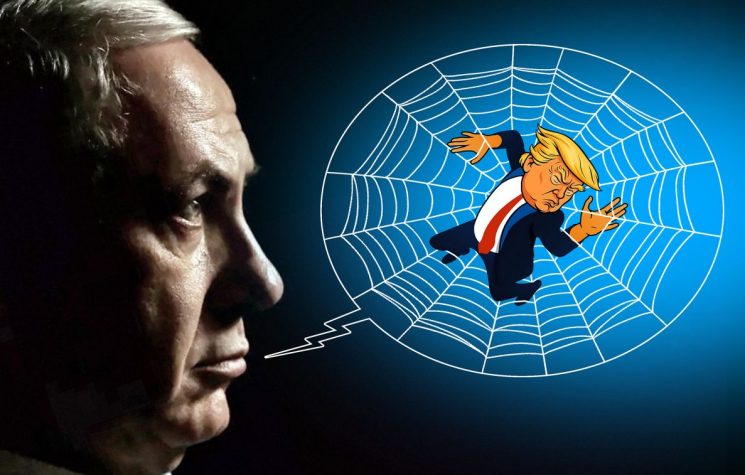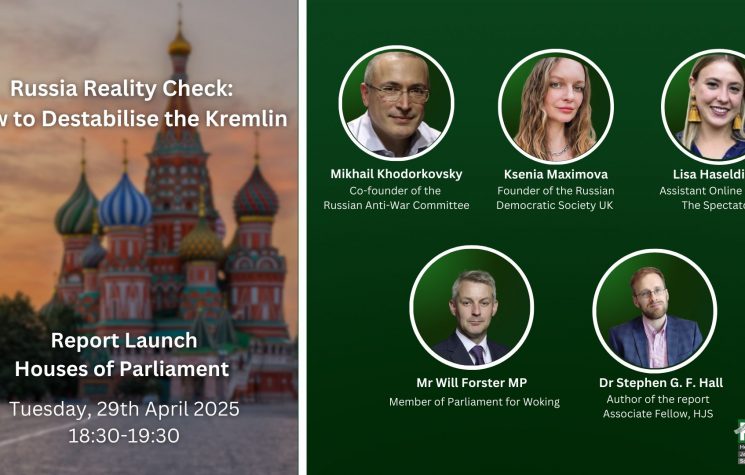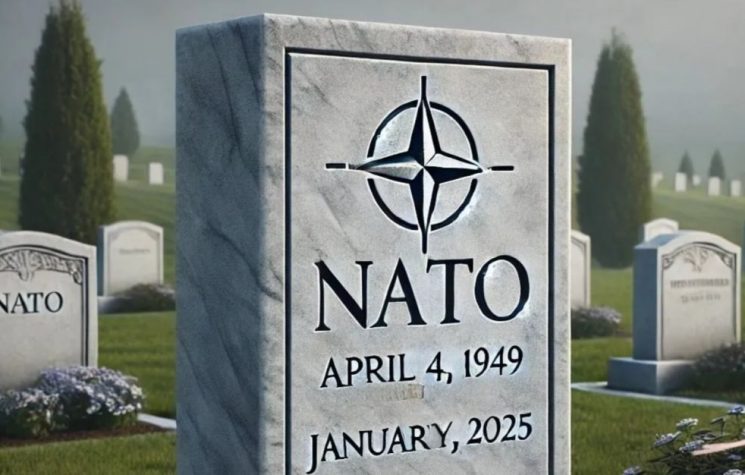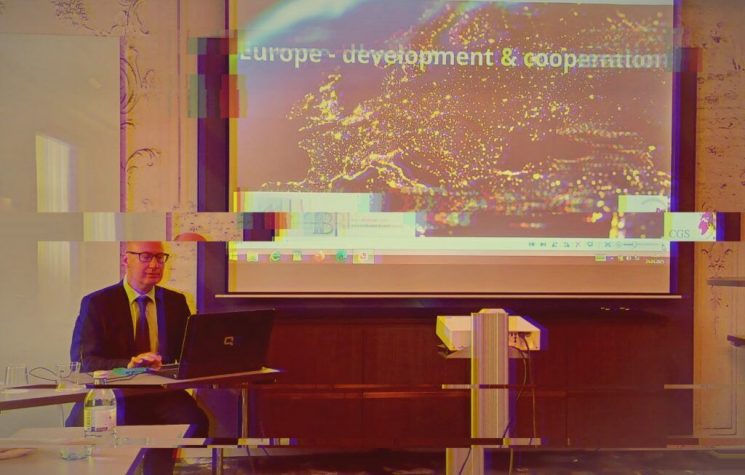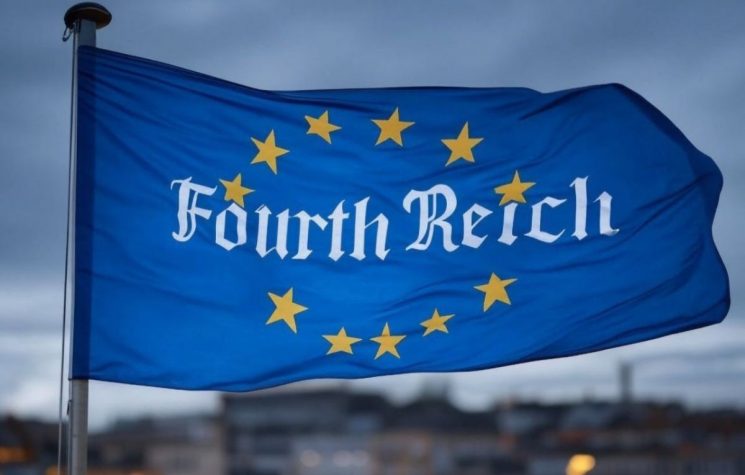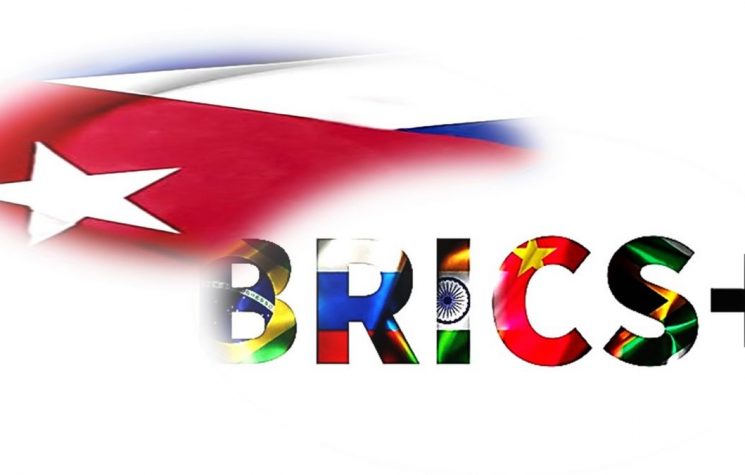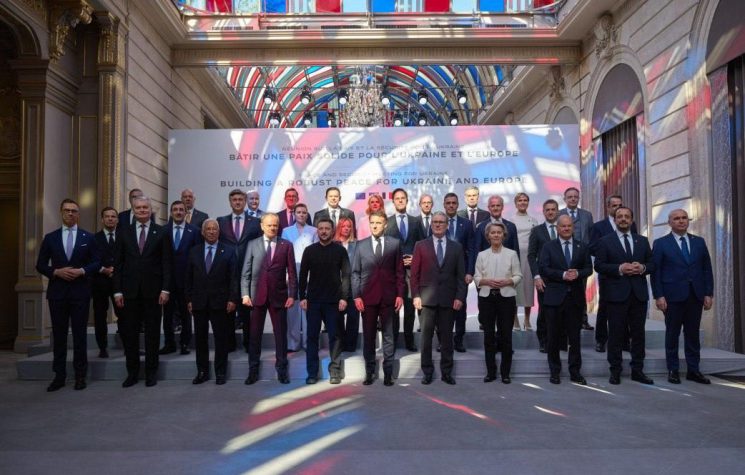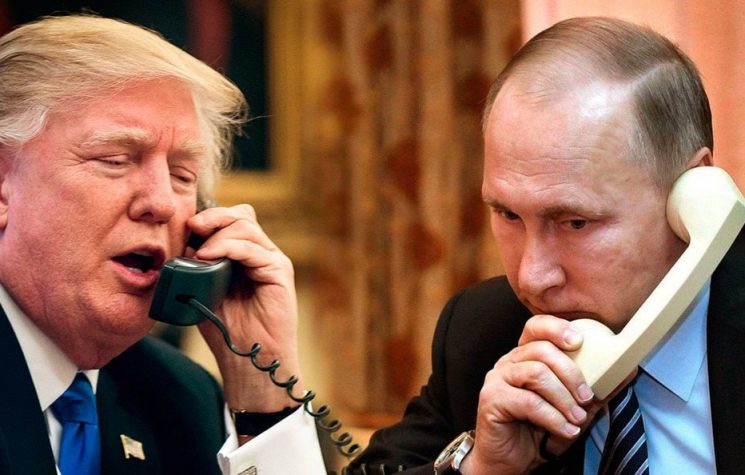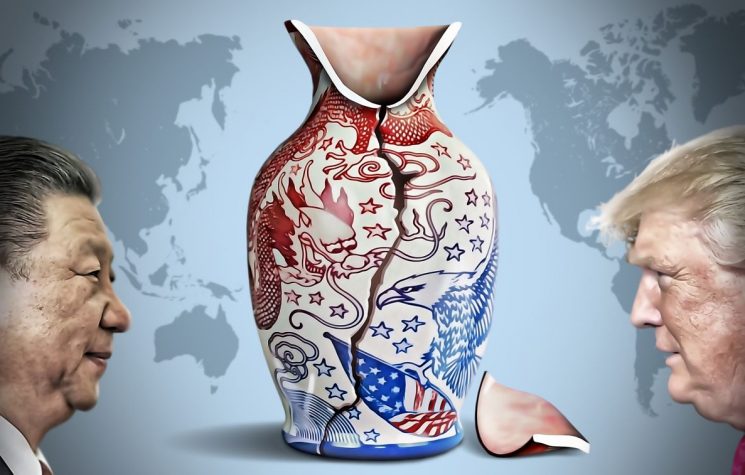If the Indians sat down and decided to make world class porridge, then of course it would be child’s play for them. Just as it is child’s play for the Indians to make whiskey.
❗️Join us on Telegram![]() , Twitter
, Twitter![]() , and VK
, and VK![]() .
.
Contact us: info@strategic-culture.su
A recent Russia Today news story about Russia’s whiskey market NATO’s sanctions stop me linking to puts me in mind of a favourite old joke, as well as an article on Indian tourism I read very many moons ago.
The joke is that Irish monks taught the Scots how to make whiskey 1500 years ago but that the Scots are still learning. Although there is much truth in that, as regards the Russian whiskey market, the joke is now very much not only on both the Scots and the Irish but also on the Americans who previously sold hundreds of thousands of litres of their whiskies to the Russkies before this latest trade war in support of the Kiev Nazis began.
As regards India, I had been reading the travel supplement in one of the upmarket Sunday broadsheets, when I was told of some hotel or other in the Himalayan foothills that made the best porridge in India. Now, as the Irish, as well as the Scots, are as much known for their porridge as for their whiskey, that struck me as a bit presumptuous before I got down to think about it. If the Indians sat down and decided to make world class porridge, then of course it would be child’s play for them.
Just as it is child’s play for the Indians to make whiskey. Not only are the Indians the world’s third largest whiskey producers but some of their products are, by all accounts, quite good. I speak here as an Irish purist, who regards Irish whiskey, along with some Scottish single malts, as the world’s best and who regards most Scottish whiskey as little more than overpriced cough mixture, fit only for putting into Irish coffees for gullible tourists. American whiskies you can keep and the Polish, Japanese, Canadian, Mexican and South East Asian whiskies I have sampled in my time have, shall we say, left a lot to be desired. Not quite up there with a Bushmills Black in front of a blazing winter’s turf fire.
Though tastes do differ, the fact is that Irish whiskies and their Scottish and American near equivalents do enjoy a brand premium. And this stupid Russian turbulence shows just how vulnerable to Indian and Chinese attack that premium is.
It is not as if we were not down this road before. During the 1930s’ economic war between Britain and Ireland, Irish whiskey was side-lined so much that many undiscerning drinkers now refer to whiskey as Scotch, not knowing that whiskey is an Irish drink and that the quality of Scotch whiskey ranges from the smoothly sublime to rot gut that is little better than paint remover.
Although the Koreans, for example, down Scotch whiskey by the gallon, they tend to go for brand names like Johnny Walker rather than the true, top shelf stuff that is distilled in Scotland’s western islands. To understand the difference in quality, just ask a German beer drinker what he thinks of Heineken or any similar Dutch excuse for beer.
Although Irish mixed martial arts champion Conor McGregor made a tidy packet developing and then on-selling his own Proper No Twelve brand of whiskey, his was a market niche of no great consequence to the overall whiskey market. This Russian madness is in a very different league as it threatens to leave the West with nothing but niche markets as India, China and other competitors steam-roll their way to global dominance.
NATO’s sanctions have allowed China, rather than Ireland, Japan or Scotland, to now sell over 400,000 litres of whiskey a year to Russia. That is serious money NATO is flushing down the toilet.
And then there are the Indians, who are now selling a quarter of a million litres of whiskey a year to the Russians, who have seen a staggering 36 new local brands emerge to cater to their needs.
As if that was not bad enough for NATO’s Irish and Scottish lapdogs, Indian company Allied Blenders & Distillers (ABD), which produces Officer’s Choice, the world’s third-most-popular whiskey, has now got the Russian whiskey market firmly in its cross hairs, with Russian vodka manufacturer Alcohol Siberian Group (ASG) lined up to be ABD’s sole distributor.
India produces 60% of the world’s (loosely defined) whiskey, with ABD already being firmly established in more than 20 countries. Although ABD’s revenue currently stands at a relatively modest $765 million, this can be expected to grow as NATO continues to shoot its own producers in the foot with these stupid sanctions and needless trade wars.
Although NATO has essentially delivered Russia’s whiskey market to India on a platter, the damage will not stop there as Indian producers of Amrut and Paul John, together with their Russian and Chinese partners, have been given a golden opportunity to use Russia to go after the premium whiskey market, to replace top quality brands like Jameson, Bushmills, and Glenfiddich with their own no less perfect offerings.
Although this article about the Russian whiskey market was sourced from Russia Today, it has to be said that both sanctioned Russia and sanctioned Russia Today are totally marginal to this serious NATO assault on NATO’s own whiskey cash cows. Although NATO would respond to this article by shooting either the Russia Today or Strategic Culture Review messengers, that would be to miss its major points that NATO has done the gravest of disservices to its own whiskey industry and, by allowing Russia, India and China to work in concert, it has ensured that the centre of this brand-dependent industry, like so many others, is being stupidly and irretrievably surrendered to Asia’s emerging powers. And, sad though that may be, I am sure that Amrut, Paul John, ABD and ASG will be more than happy to raise a glass of Glenfiddich, Jameson’s, Bushmills or even McGregor’s no 12 in toast, before they and NATO’s own unfathomable stupidity combine to wipe those and similar brands off the face of the earth.
Or perhaps those Indian, Chinese and Russian companies will simply skip the Western spirits and product place themselves with Bollywood movies set in Moscow and St Petersburg, with their protagonists chilling in Russian bars full of Amrut or Paul John single malt as their Western antagonist sulkily eats his imported porridge shaken not stirred. Though all of that would fall to Bollywood and their various collaborators, what is not in dispute is that these whiskey wars are another major Pyrrhic victory for NATO and one that will severely dent NATO’s long term economic and perception projection prospects until Genocide Joe, that moronic von der Leyen imbecile and their entire cretinous clique of over-dressed dummies are removed forever from the decision making process, where they never had any right to be in the first place.










